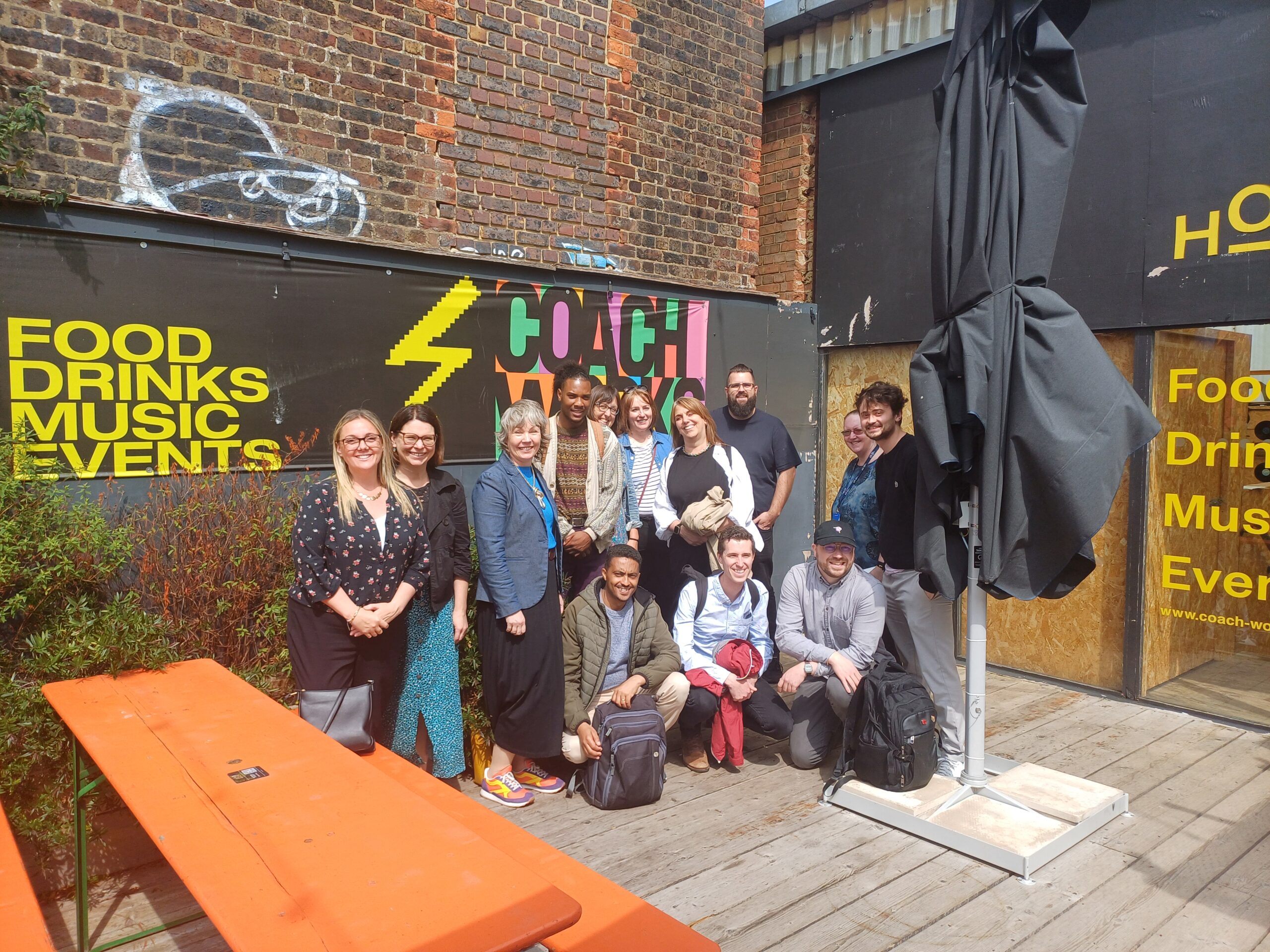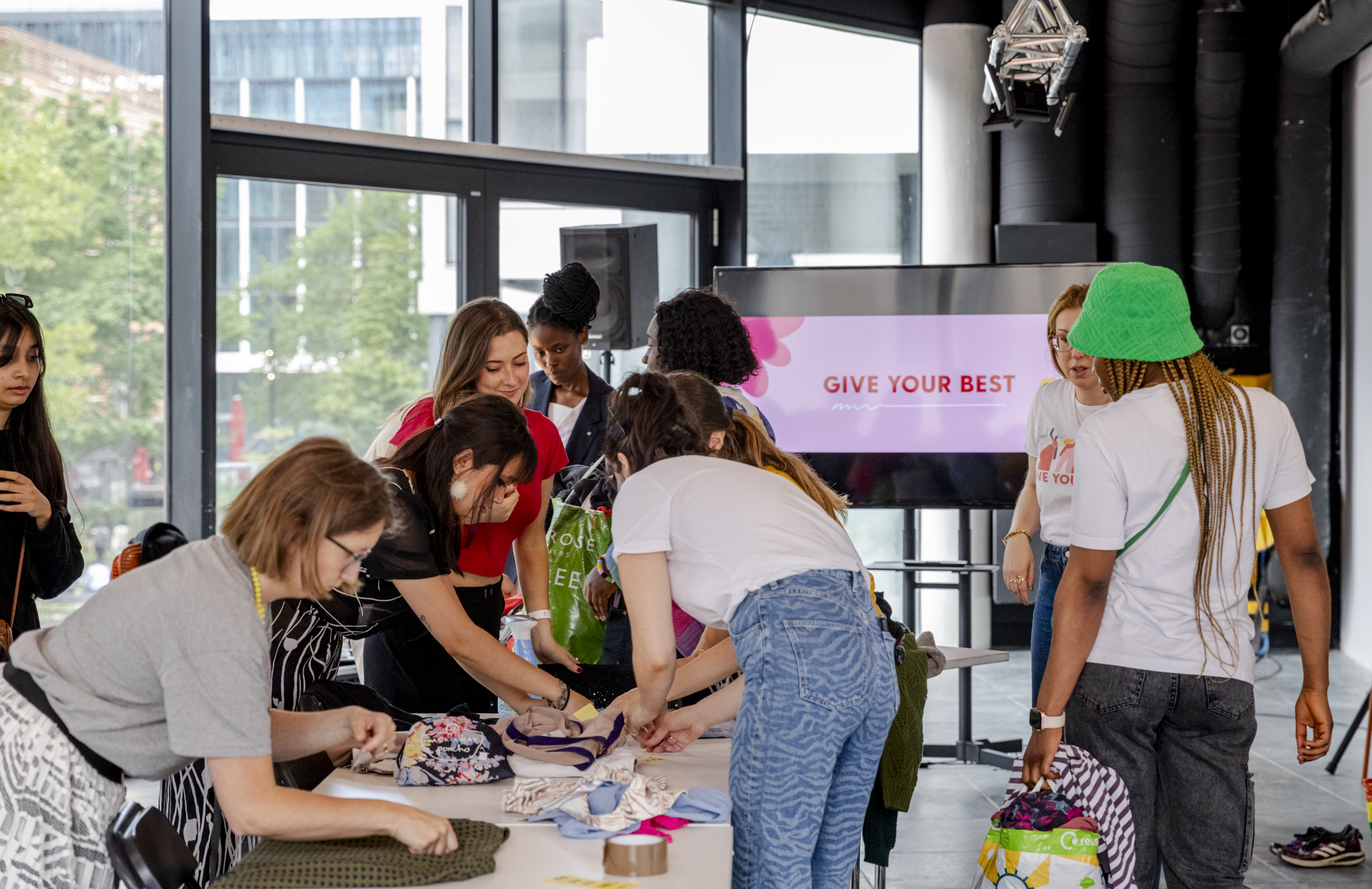
News and views
The Interconnectivity of Impact
For impact to work, it can’t exist in a silo. Most profit-focused businesses are beholden to their shareholders and owners to generate as much revenue as they can, with no real obligation to give back. That is not the focus of social enterprise. Our business model centres purpose, and the best way to purposely serve your community is to work with the community. Cooperation is the name of the game. A strong role model of purpose-led community activity can be found in Ashford, named a Social Enterprise Place thanks to its collaborative ecosystem. “Collaboration throughout the social enterprise sector in Kent is really important,” said Rebecca Smith, Chief Executive Officer of Social Enterprise Kent (SEK). “We find through networking and bringing people together at conferences, events and training sessions, it creates a touchpoint to spark ideas and raise issues. It’s about bringing people together as a team and not working in silos is what makes the voluntary, community and social enterprise sector stronger.” Our member SEK have nurtured this impact community as they have done for the past 40 years. To find out more, we visited them at their new, volunteer-run SE Kitchen, now their second social supermarket in the county after Ramsgate. Ashford MP Sojan Joseph visiting the SE Kitchen They transformed this former art supply shop into a real community space, providing affordable and healthy grocery options from food charity FareShare as well as other suppliers working closely with local farmers (it is the garden of England after all). Of course, this work wouldn’t be possible without vital partnerships. In fact, they work with more than 100 partners, consistently delivering at least £1 millon a year in funding, allowing them to support great projects like the Social Impact Gateway or Thanet Social Enterprise Boost. From working with East Kent Health Care Partnership to highlight health inequalities to partnering with corporate organisations such as Amey for their Elevate programme creating apprenticeship opportunities for care leavers, they demonstrate how these conversations across organisations form a lynchpin of positive influence. After a delicious lunch provided by Lily’s Social Kitchen, we visited more of the local social enterprises which make up the rich network of organisations in our Places programme. These were some of the businesses championing the movement: Chatting with the volunteers at The Beehive Ashford The Beehive Ashford - a shop which not only sells second-hand clothes, but also provides skills workshops, a volunteer-run café, and hosts several clubs including knitting and a book club. It also offers women referred by local services a place to access free clothing. Made in Ashford - a vibrant and popular gift shop which started its life as a pop-up ten years ago. It houses the handmade craftworks of more than 70 artists from across Kent in-store and online. The Coachworks - a trendy, repurposed multi-use space by the train station hosting street food, live music and entertainment events, and workspaces. Going back to the central theme of collaboration, it shows there’s a concerted effort for social entrepreneurs in the area to pool their resources, doing much more for the community, local economy and environment than they could on their own. A spirit of camaraderie which helps deliver a better, holistic service. As a Social Enterprise Place, Ashford proves its status as a hot spot for social impact activity thanks to this ethos. Browsing the crafts at Made in Ashford Rebecca added: “It’s been fantastic having Social Enterprise UK down here to see our work. The theme has really been about collaboration across the board with other social enterprises and charities, the wider business community and our public sector partners. It makes our programmes better, allowing our entrepreneurs to be given the right tools and funding to solve the specific problems they are facing in their local community.” As our flagship data shows, there are more than 131,000 social enterprise businesses in the UK, all working towards benefitting people and planet in their own ways. Imagine the possibilities of replicating the collaborative efforts of the impact community we’ve seen here in Ashford across the whole country? This is why we do what we do, and we’re proud to see it going from strength to strength.
3 min

